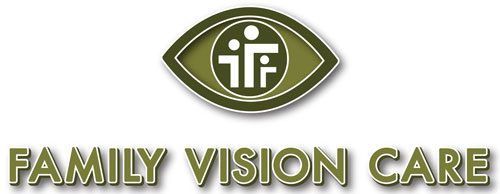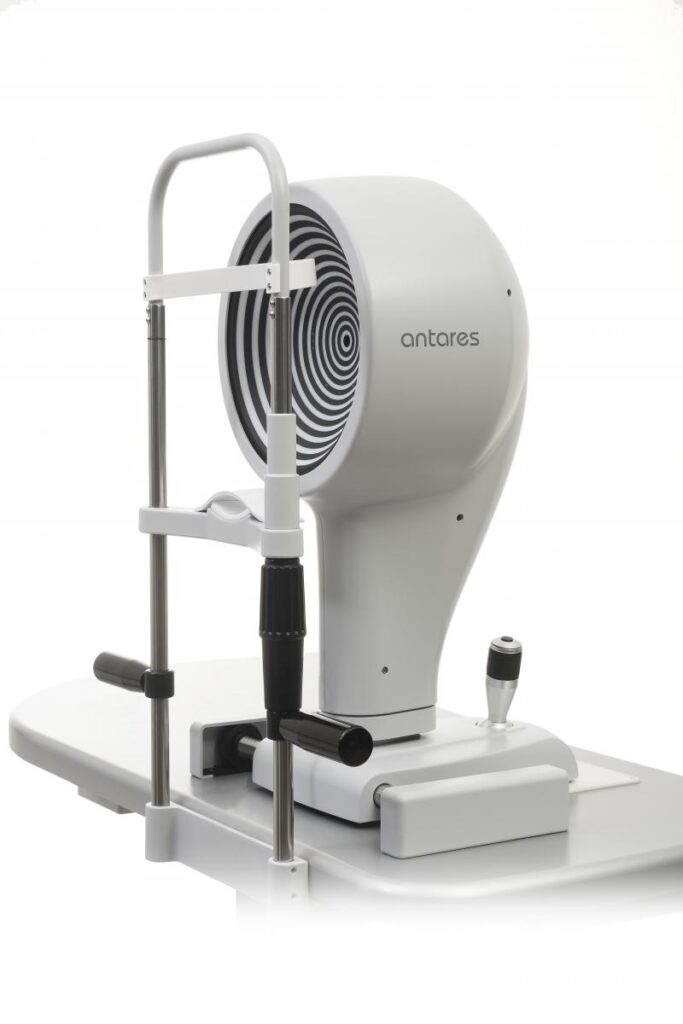What is myopia?
Myopia, or nearsightedness, is an eye condition that causes distance vision to be blurry. Myopia is caused by the eye length growing too quickly. Vision is made clear by using glasses and/or contact lenses.
Why is myopia a concern?
The rate of myopia is growing across the world, increasing from 22% of the world’s population in 2000 to 33% in 2020. Half of the world’s population is expected to be myopic by 2050. Myopia progression refers to the worsening of nearsightedness that commonly occurs in nearsighted children between the ages of 6-18. Myopia progression requires increasingly stronger powers of correction to provide adequate vision. With higher nearsighted prescriptions there comes an increased risk of eye diseases, such as early cataracts, glaucoma, retinal detachments, and macular degeneration.
What is myopia management?
Myopia management, sometimes referred to as myopia control, involves the use of certain methods of vision correction to slow down the rate of myopia progression as a child ages. The goal of myopia management is to limit the degree of nearsighted correction needed as a child ages.
Why is managing myopia important?
There are now different treatment options available to help slow the progression of myopia by 50% or more. Being able to slow progression can limit the growth of the eye in order to minimize the risks of eye diseases associated with higher myopia.
What treatment options are available?
There are three treatment options to slow the progression of myopia.
- Orthokeratology contact lenses
- The use of specifically designed contact lenses worn overnight while sleeping. Orthokeratology lenses are removed upon awakening and provide clear uncorrected vision throughout the day.
- Multifocal soft contact lenses
- The use soft contact lenses during the daytime only.
- Low dose atropine
- The use of a daily medicated eye drop in each eye. Glasses and/or contact lenses are still required for appropriate nearsighted correction
Treatment programs will be customized and based on each child’s unique needs. If interested in a myopia management consultation please call our office.

